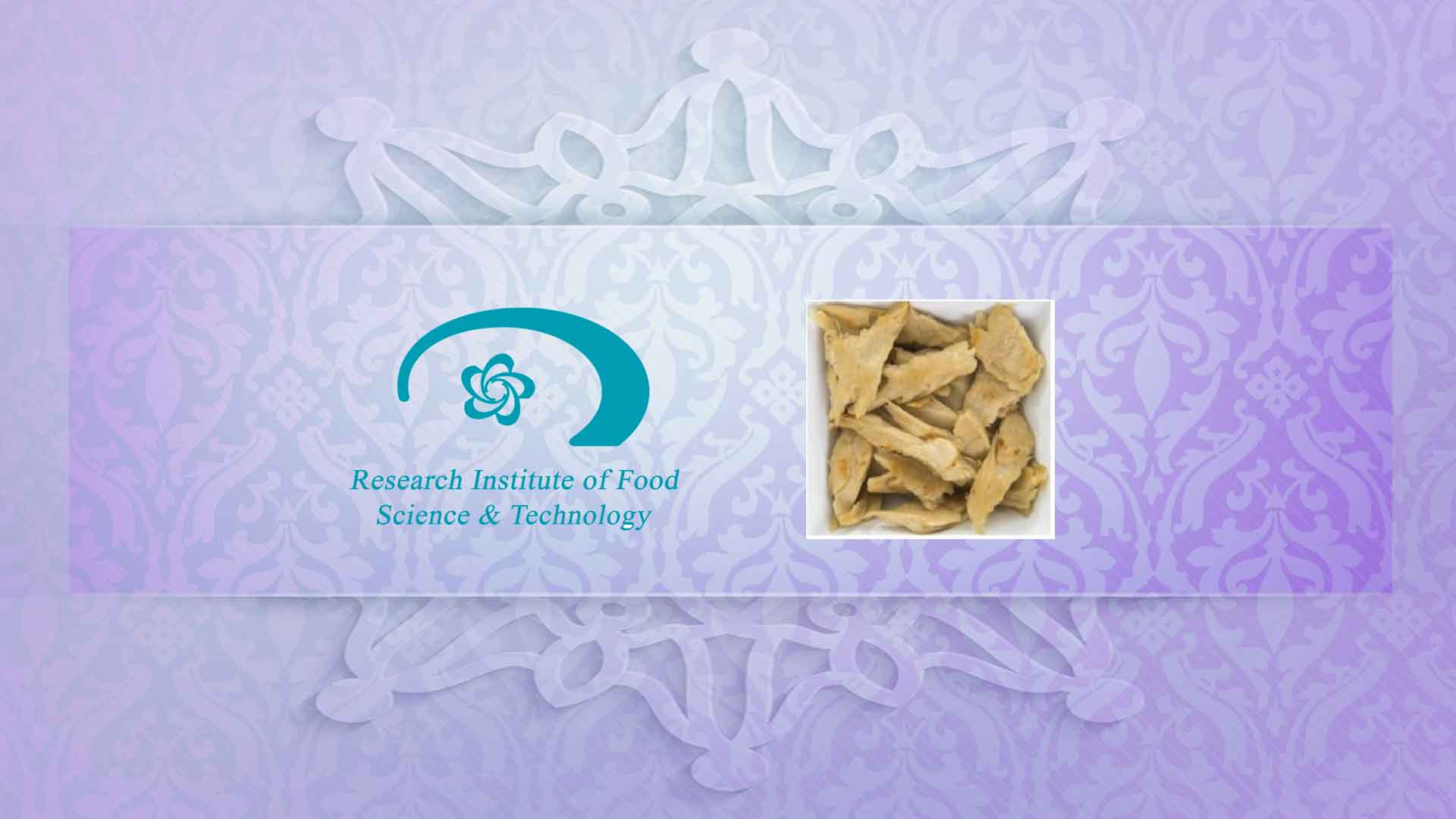RIFST’s President announced that "analog meat" as a substitute for animal proteins has been produced in this Institute. Announcing this news, Prof. Seyed Mohammad Ali Razavi added: “analog meat is a product with similar sensory characteristics and properties of natural meat, and due to lack of cholesterol and features such as low fat and calories, good taste and low price, it is welcomed by consumers across the world.”
He continued: “With the growing population of the world, the production of protein food products has increased significantly. Also, since most of the protein consumed by the people of the world comes from meat, which is an animal product, it should be noted that providing protein in this way has adverse environmental effects in terms of climate and greenhouse gas emissions.
Prof. Razavi stated that currently these food products have attracted the attention of big investors, academic research, consumers and the media. He also mentioned that since producing each kilogram of animal meat, on average, 6 kilos of vegetable protein must be consumed. Based on research conducted in the world, vegetable proteins are used to make meat-like substitutes, and these meat substitutes are an important part of the growing industry.
Dr. Ali Rafe, the leader of this research project, emphasized that the development of structured protein products based on plant protein that have the same texture and characteristics as meat is one of the ways to reduce environmental risks and improve the health of communities. The consumption of meat substitutes is growing significantly, so that in 2020, the global consumption of meat substitutes increased to 470 million kilograms. He continued: “This increase has been announced as 7.23 compared to 2019, and in recent years, the trade of meat substitutes has grown by 16 to 23 percent.”
This academic member of RIFST added: "During the outbreak of the Corona pandemic, the consumption of red meat in the world decreased, one of the reasons for which was the publication of research results that showed that vegetarians are 73% less likely than others to suffer from the severe type of Corona."
Rafe said “No exact statistics have been reported about the production of plant substitutes for red meat in Iran, but some reports have stated that with the decrease in red meat consumption in recent years, the production and consumption of plant products in Iran is also increasing.”
According to the request of the industry, a research team started to produce vegetable analog meat in the Research Institute of Food Science and Technology using plants waste producing textured vegetable proteins. Through developing different structuring methods, we managed to produce vegetable fibrous protein materials, which can enter the food basket of consumers as analog meat in the near future.
Rafe added: "In this structured product, some vegetable proteins, binders, vegetable oils, flavorings, spices and natural coloring agents are used to help improve taste and texture, water binding, mouthfeel and texture simulation.”

